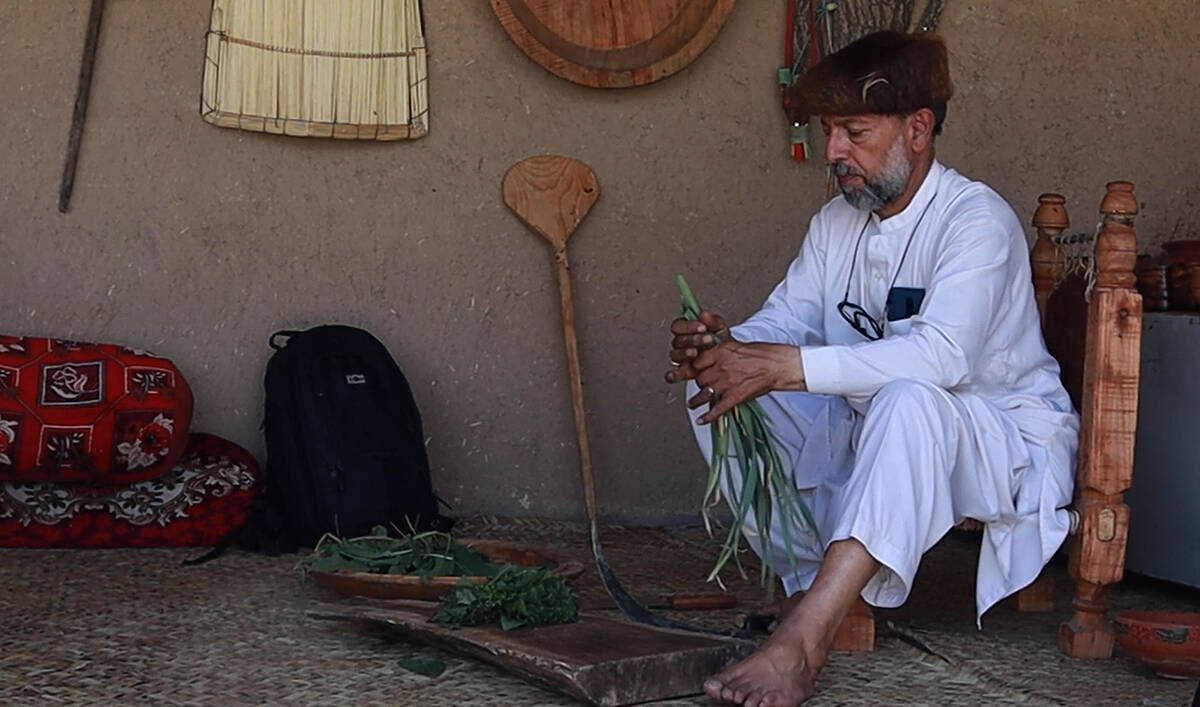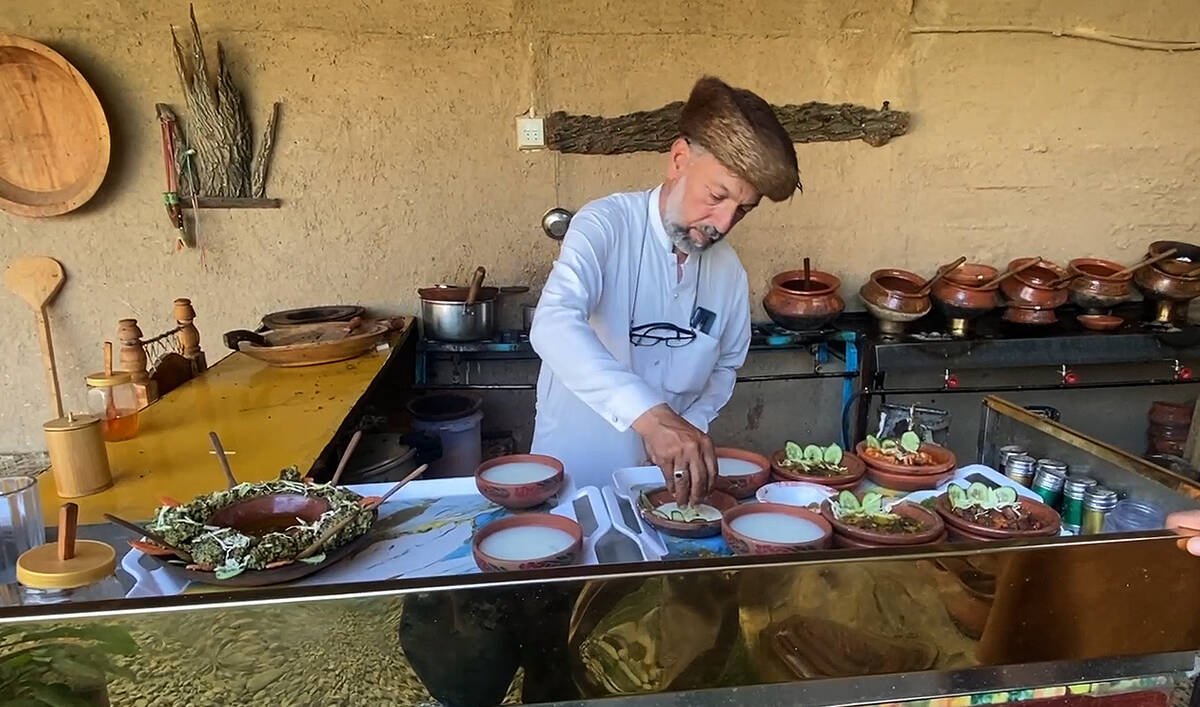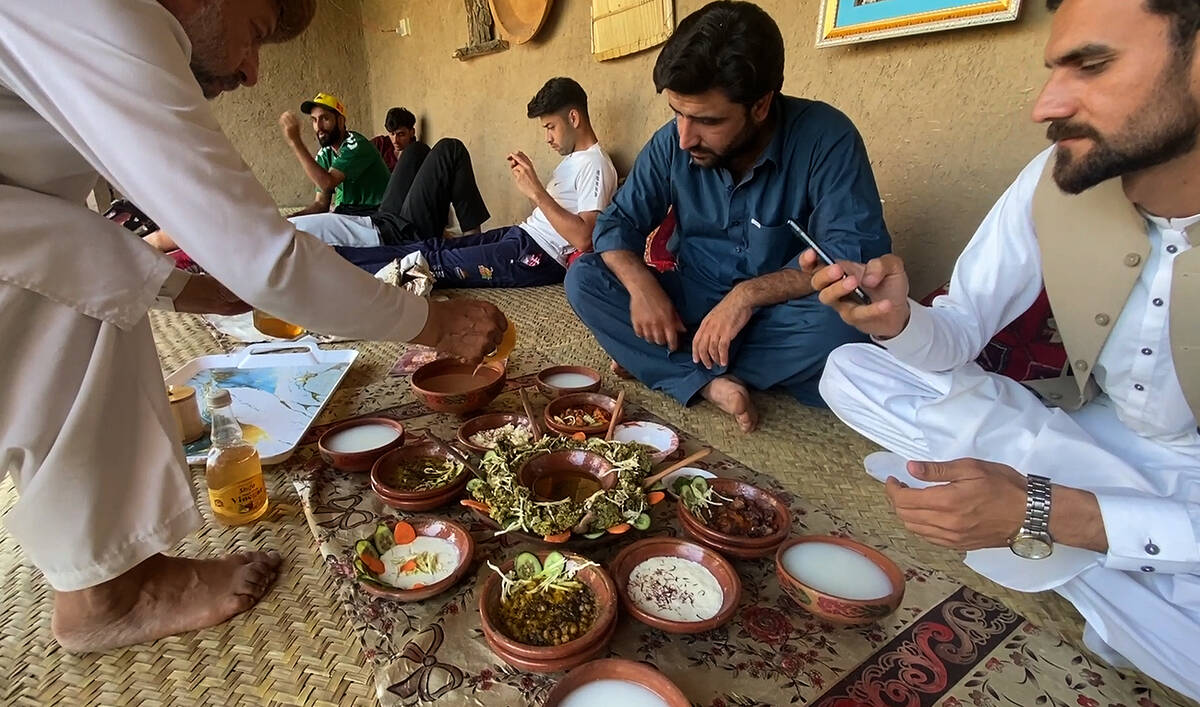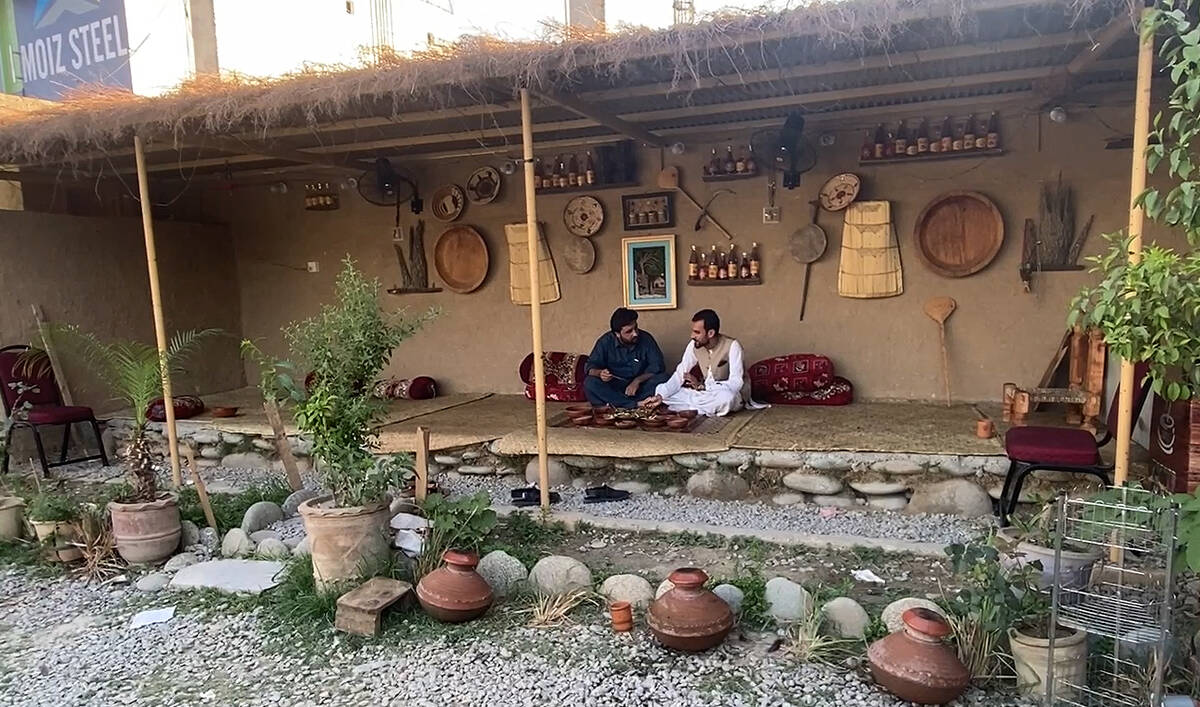ISLAMABAD: The governments of Pakistan and Azerbaijan signed multiple agreements on Monday to enhance cooperation in the trade, energy, tourism and education sectors as Prime Minister Shehbaz Sharif visits Baku with an eye to enhancing bilateral trade and investment with landlocked Central Asia.
Sharif arrived in Baku on Sunday for talks on defense, trade and energy, his government said. The latest visit is part of Pakistan’s broader push at economic diplomacy with the Central Asian republics, to whom it has offered access to its southern ports in Karachi and Gwadar. In July 2024, Azerbaijan announced a $2 billion investment in Pakistan during a visit by President Ilham Aliyev to Islamabad. In September last year, Pakistan signed a contract to supply JF-17 Block III fighter jets to Azerbaijan, marking the deepening of defense cooperation.
On Monday, Sharif met Aliyev in Baku for delegation-level talks and oversaw the signing of several memorandums of understanding (MoUs).
“We received concrete projects from Pakistan, and Azerbaijani representatives are evaluating them … and today with my brother [Shehbaz Sharif] we put very ambitious but at the same time realistic target to finalize all the discussions [on projects] within one month and by the beginning of April to prepare documents for signing,” Aliyev said during a press conference with Sharif before they attended a joint business forum.
“These projects cover infrastructure, development areas as well as energy, economic, mining and maybe some others.”
Aliyev said Pakistan and Azerbaijan had discussed cooperation in the defense sector, including the joint manufacturing of defense industry items.
“Azerbaijan has already acquired defense equipment from Pakistan and we are satisfied with the quality of this equipment and we will continue to do it,” the Azeri leader said.
He also spoke about increased connectivity and better transport between the two nations, as well as enhancing the bilateral trade turnover to more than its current status of “several tens of millions of US dollars.”
“I am extremely grateful to you when you announced that Azerbaijan intends to invest $2 billion in Pakistan in ventures which are mutually beneficial, which will bring dividends to both countries,” Sharif said during his speech.
Separately, state broadcaster Radio Pakistan said the two governments had signed multiple MoUs and agreements to boost bilateral cooperation in fields ranging from trade, energy, tourism and education.
The State Oil Company of Azerbaijan Republic (SOCAR) and Pakistan’s Frontier Works Organization (FWO) and Pakistan State Oil (PSO) signed an MoU for collaboration in the Machike-Thallian-Tarujabba White Oil Pipeline Project which will stretch from the southern port city of Karachi to the northwestern Khyber Pakhtunkhwa province.
The two sides also signed an amendment agreement to an existing framework agreement for the sale and purchase of LNG cargoes.
An MoU between Azerbaijan’s Nakhchivan and Pakistan’s Lahore cities was signed to promote cooperation in culture, tourism, urban development, education, science, economy and other fields.
During Aliyev’s Pakistan visit last year, a joint committee was set up to materialize projects in trade, commerce, information technology, tourism, telecommunication, mineral resources and other sectors. Sharif said at the time the current trade volume of $100 million did not reflect the “true” trade potential between the two countries.
In his address with the Pakistan-Azerbaijan Business Forum on Monday, Sharif said Pakistan was providing foreign investors a favorable environment for investment, and businessmen should benefit from these attractive trade incentives.
He said both countries plan to take measures to further enhance their bilateral trade activities and will sign agreements in this regard in April.
“Basmati rice will be exported from Pakistan, the president of Azerbaijan has exempted it from import duty,” Sharif said. “Sectors in which tariffs are low will be reviewed to increase imports and exports.”
He said Pakistan and Azerbaijan have decided to enhance their collaboration in defense sector and will establish a joint defense manufacturing facility.























